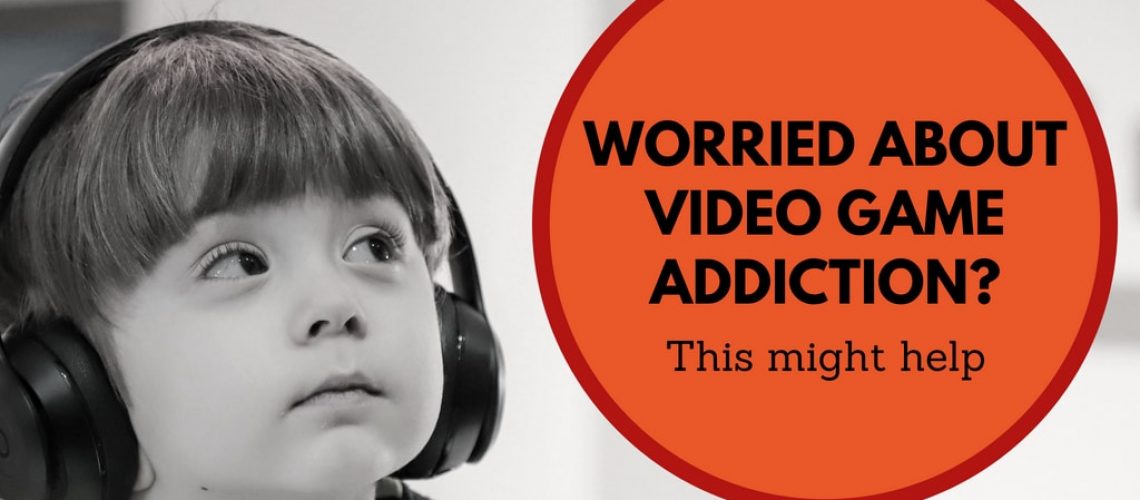It seems many have had the bejesus scared out of them over recent reports of video games and gaming addiction. Media articles and television segments have led to all manner of comment, judgement and finger pointing popping up all over the internet. So I am adding mine. I know it is complex once the behaviours have become entrenched and I know that parenting in this space is not always easy. But I stress, that we need to look at this issue from a holistic perspective for those children with addictive behaviours, and not just as a something that is purely a video game problem. If however you are worried about the prospect of one day having to call in the police because you can no longer control a physically intimidating child who won’t walk away from the controller….then here are some truths.
- Most children who play video games do not end up missing school, wetting themselves or punching their parents as a result of their gaming.
- Not all kids end up locked in their bedroom, not seeing friends and not doing sports or other hobbies they once enjoyed. Many are able to incorporate gaming into their lives in a way that keeps them it under control, or at least bound by the rules and boundaries set up by parents.
- There are many positive elements to gaming and many kids are able to safely reap these rewards.
- Those that fall into the ‘addictive’ behaviour territory, usually have many other issues going on that are being masked by the video games that very easily fill a void. They become the scapegoat for problems that need addressing that are not solved solely by disconnecting the internet or taking away the game.
- The games are made to keep us playing, to transport us to different realities, to keep us connected, to strive for next levels, to reap rewards, to conquer, combat and contend with the lure of beating opponents and oneself. They are not always easy to walk away from.
So….as parents we need to help our kids. We need to be in charge the moment they start playing, so we continue to maintain that control that will ensure they in turn, are better equipped to manage their game playing, throughout adolescence.
Here are a few things we can do:
- Keep video games out of the bedroom. It’s a slippery slope once the access is easy and when kids can start playing at all hours of the night.
- Only have gaming consoles set up on one TV that needs to be shared with other people in the household. If others in the house want to play something or watch TV, then it is a ‘no brainer’ that the TV or console needs to be shared.
- Look at the warning signs before it gets to the stage where kids are not going to school or wetting themselves. There are signs. Playing before they are ready for school, ignoring chores or homework because of the game, withdrawing from sports or friends, complaining about coming to the dinner table, not wanting to go to bed at a reasonable hour. The signs are there. You need to take action before the behaviours become entrenched.
- Missing one hour let alone one day of school because of a game, is a warning sign! Step in before two years passes by! (Most of the time though, missing school is not because they want to play a game, it is a symptom of a far greater problem that is simply fuelled by them).
- Watch a game and research it, before you decide it’s ok for your child.
- Build a culture of balanced play within your home. Get outside with them, move yourself. We do need to work harder today to do this, but the benefits are there. Read more here
- Remember the child can’t make the reasonable judgements that we are requiring them to make if we give them free reign on a video game. The brain is not developed enough yet to make the appropriate choices as to what is best for them. That is why kids have parents. We need to do this for them. These games are made with the intent to keep us on and keep us playing. So we need to help our kids by making the decisions for them about what they can cope with, about how long they can play, about what is being sacrificed when they are playing. We need to look at their individual personality and monitor how they are coping and whether they are in control or at least bound by the rules we have set in place.
- Don’t expect your child to be able to do this without you.
If you would like more information, then join me for my next webinar on Thursday Sept 13th titled “Managing Video Games and the next Digital Craze” Here I will step back from the headlines, address the current myths and share the latest research on the effects of gaming on young people today, with tips, tools and strategies to help your family. Find our more by clicking here


This Post Has One Comment
Being a grandparent carer and watching your webinar has given me insight into something I know little about. I’m grateful to our school for sponsoring the program and thank you for your insights.
Comments are closed.